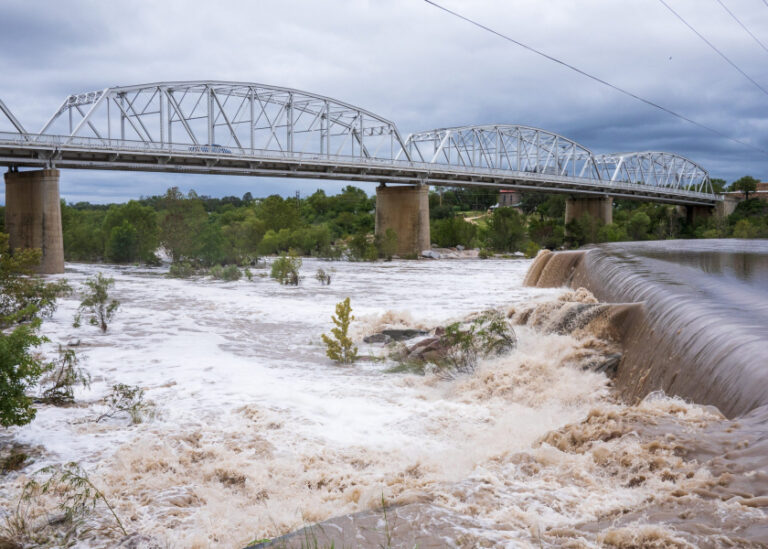A new study involving climate researchers from The University of Texas at Austin and other institutions explores the relationship between past ice ages and future El Niño events. Published in Nature, the research focuses on why El Niño weakened during the last ice age and suggests that under global warming, the mechanisms that previously weakened El Niño are intensifying it instead. By analyzing ancient climate data alongside advanced climate simulations, the study found that while El Niño’s intensity varied less during the Last Glacial Maximum, extreme events are projected to become more frequent as temperatures rise. This understanding aims to enhance predictions for decision-makers regarding extreme weather impacts, including droughts and floods. The study utilized supercomputers to model historical and future climate scenarios, confirming that intensified El Niño events pose significant risks globally.


